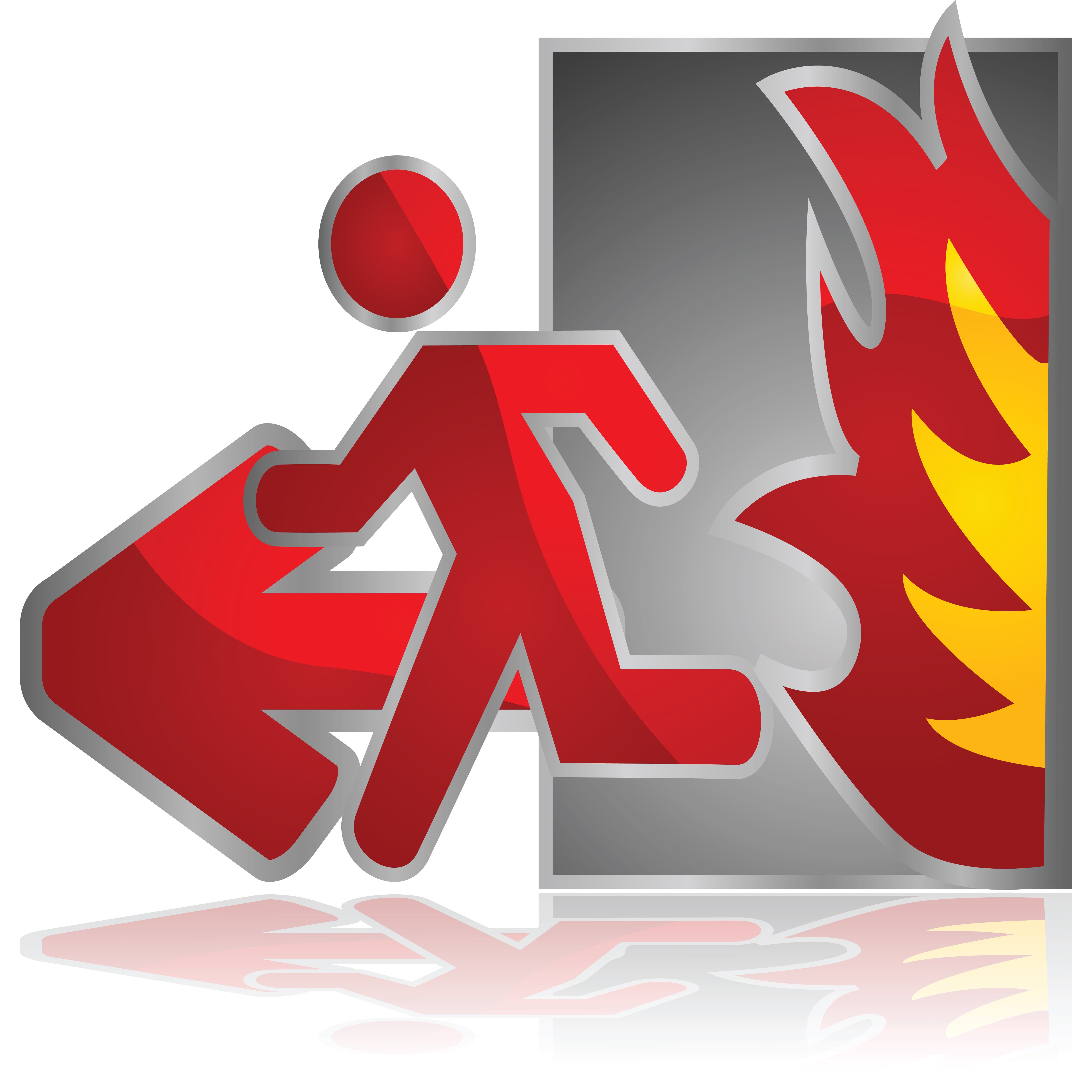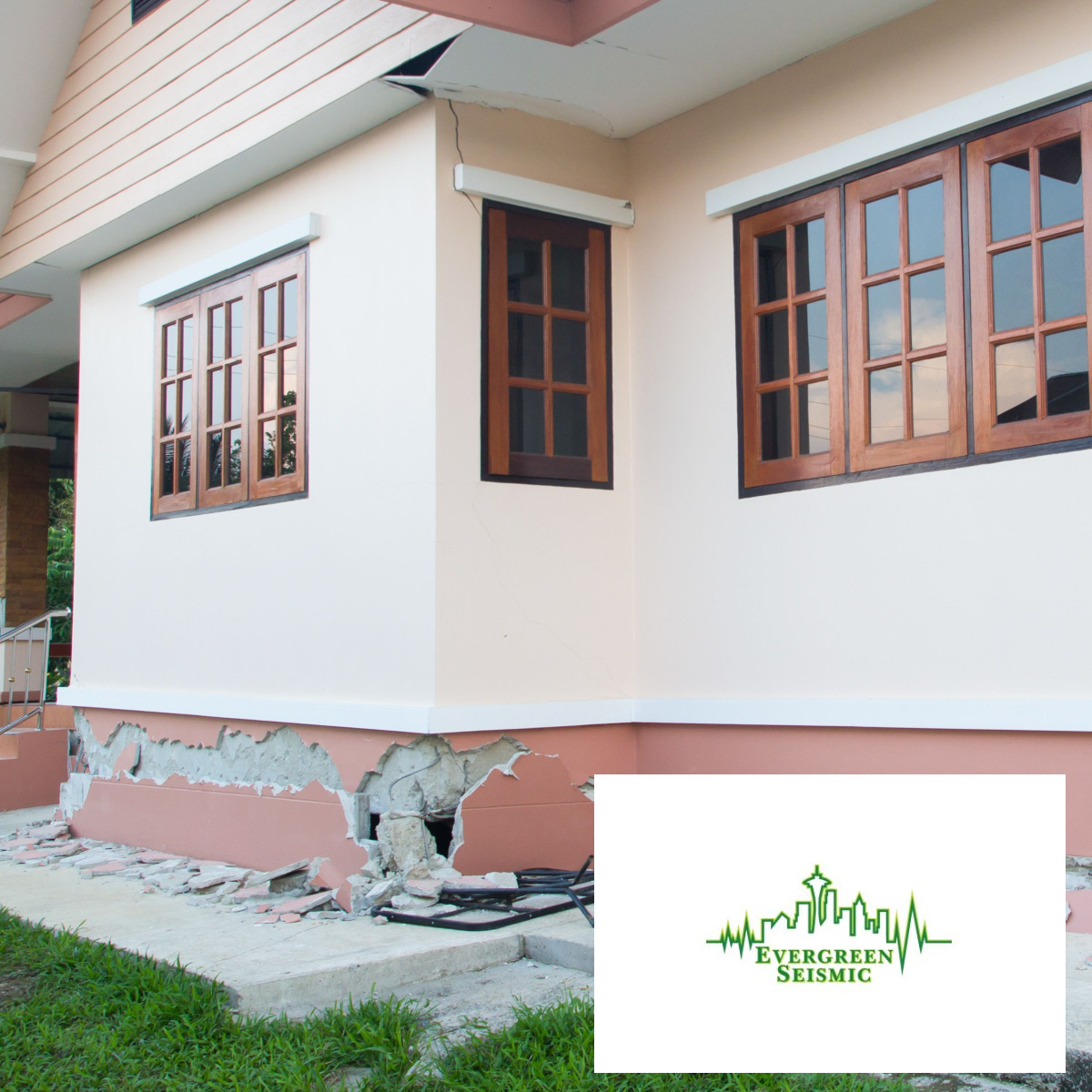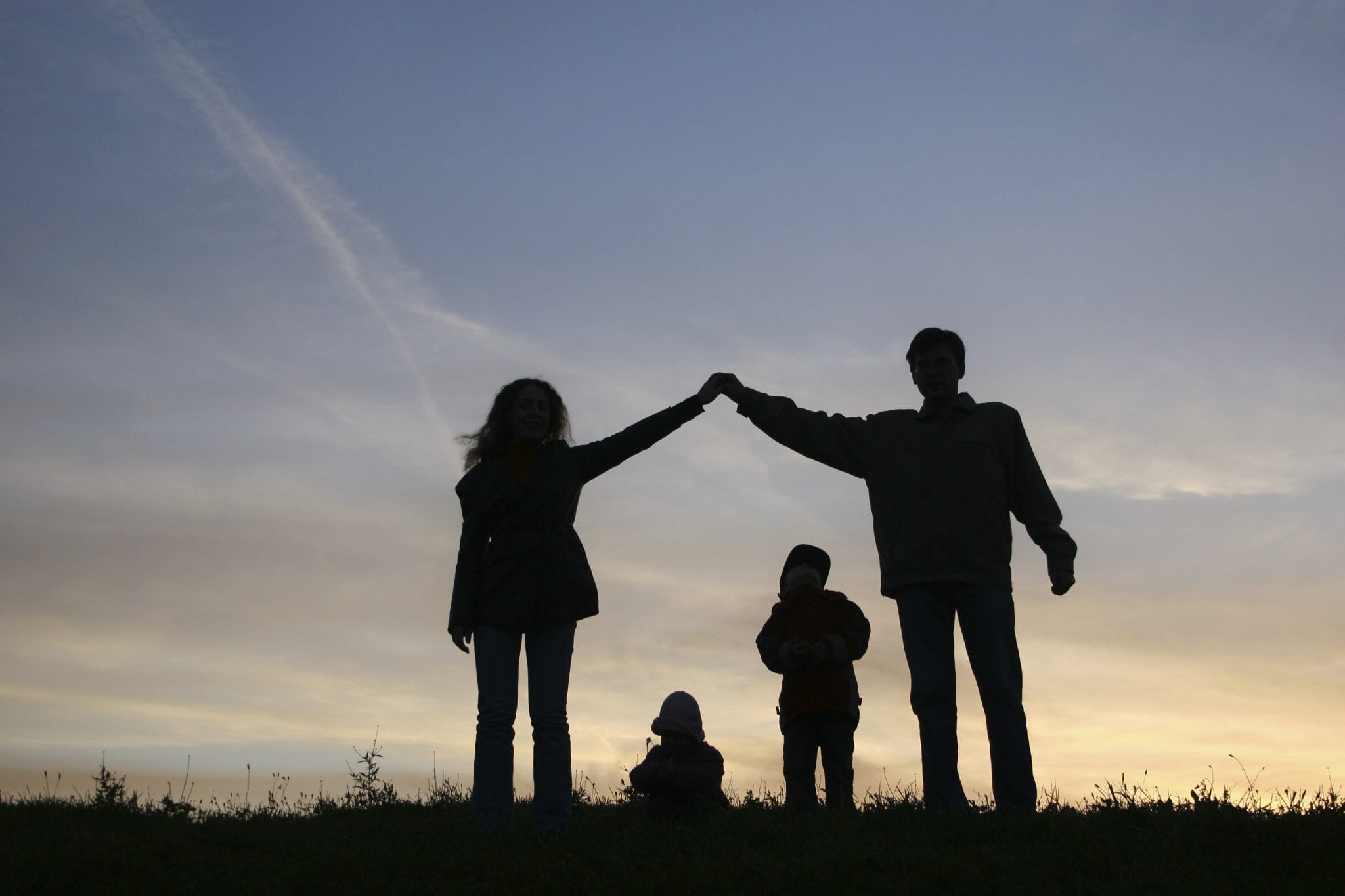Fire Safety: Protecting Your Home And Loved Ones
Source: njelc.com
Is your home fire safe? Are you doing everything you can to protect your loved ones from a devastating fire? Fire safety is one of the most important things you can do to protect your family and your home. In the United States, there are an average of 350,000 house fires each year, resulting in over 2,500 deaths.
At Fire Safety: Protecting Your Home And Loved Ones, we're dedicated to helping you keep your family and home safe from fire. We've put together this comprehensive guide to fire safety to help you make the right decisions to protect your loved ones and your home.
| Fire Safety: Protecting Your Home And Loved Ones | |
|---|---|
| Goal | To help you keep your family and home safe from fire. |
| Audience | Anyone who wants to learn more about fire safety |
| Content | Comprehensive guide to fire safety, including tips for preventing fires, preparing for fires, and escaping from fires |
| Benefits | Can help you save lives and property |
- Preventing Fires
- Preparing for Fires
- Escaping from Fires
- Fire Safety for Children
- Fire Safety for Seniors
- Fire Safety for People with Disabilities
- Fire Safety for Businesses
FAQ
This section addresses common questions and misconceptions regarding home fire safety, providing crucial information to protect your home and loved ones.

Fire Safety: Protecting Your Home and Family - Source www.rijalhabibulloh.com
Question 1: Should I open windows during a fire?
Opening windows can fan the flames and increase the fire's intensity, making the situation worse. Keep windows and doors closed unless instructed otherwise by emergency responders.
Question 2: How can I prepare for a fire emergency?
Create an evacuation plan, practice fire drills, and install smoke and carbon monoxide detectors in every sleeping area and on each floor of your home. Ensure these detectors are tested regularly and have fresh batteries.
Question 3: What should I do if my clothes catch fire?
Stop, drop to the ground, and roll to smother the flames. Never run, as this will provide more oxygen to the fire.
Question 4: How do I escape from a smoky building?
Stay low to the ground where the air is cleaner. Cover your mouth and nose with a wet cloth and feel the doors before opening them. If a door is hot, do not open it; use an alternate escape route.
Question 5: When should I call the fire department?
Call the fire department immediately if you cannot control the fire, if there is heavy smoke or flames, if someone is trapped, or if you feel overwhelmed or unsafe.
Question 6: What are some common fire hazards in the home?
Common fire hazards include unattended candles, overloaded electrical outlets, improperly used space heaters, and flammable liquids. Avoid these hazards and regularly inspect your home to identify and eliminate potential risks.
Remember, fire safety is crucial for protecting your home and loved ones. Educate yourself, implement preventive measures, and stay informed about fire safety practices.
Continue reading:
Tips
Keep in mind that fires can occur anytime and anywhere. Therefore, one should always be prepared to prevent or respond to a fire accident. Fire Safety: Protecting Your Home And Loved Ones
Tip 1: Install smoke detectors and maintain them regularly
Smoke detectors can alert you to a fire even when you are sleeping or not home. Be sure to install smoke detectors on every level of your home, including the basement, and test them monthly.
Tip 2: Have a fire extinguisher on every level of your home
Fire extinguishers can help you to put out a small fire before it gets out of control. Be sure to choose the right type of fire extinguisher for your home and learn how to use it properly.
Tip 3: Create and practice a home fire escape plan
A home fire escape plan will help you and your family to get out of your home safely in the event of a fire. Be sure to practice your escape plan regularly so that everyone knows what to do.
Tip 4: Keep flammable materials away from heat sources
Flammable materials, such as paper, fabrics, and gasoline, can easily catch fire. Be sure to keep these materials away from heat sources, such as stoves, fireplaces, and space heaters.
Tip 5: Never smoke in bed
Smoking in bed is one of the leading causes of fire deaths. Be sure to always smoke outside, and never smoke in bed or on a couch.
Tip 6: Keep your home clean and free of clutter
Clutter can provide fuel for a fire. Be sure to keep your home clean and free of clutter, especially in areas where you store flammable materials.
Tip 7: Be aware of the electrical hazards in your home
Electrical hazards, such as frayed wires, overloaded circuits, and damaged appliances, can all start fires. Be sure to be aware of the electrical hazards in your home and take steps to correct them.
Tip 8: Be prepared to evacuate your home in the event of a fire
If you hear a smoke alarm or smell smoke, be prepared to evacuate your home immediately. Be sure to follow your home fire escape plan and get everyone out of the house safely.
By following these tips, you can help to prevent fires and protect your home and loved ones from fire.

Why Earthquake Fastening Matters: Protecting Your Home and Loved Ones - Source evergreenseismic.com
Fire Safety: Protecting Your Home And Loved Ones
In the realm of fire safety, meticulous attention to key aspects is paramount, ensuring the protection of lives and property. These aspects encompass:
- Smoke Detectors: Early warning systems
- Fire Extinguishers: Urgent response
- Escape Plans: Emergency preparedness
- Flammable Storage: Hazard management
- Building Codes: Structural protection
- Safety Education: Knowledge empowers

Protecting Your Loved Ones with Life Insurance | Bring your Finances to - Source www.bringyourfinancestolife.com
Each aspect plays a crucial role. Smoke detectors provide timely alerts, while fire extinguishers enable immediate action. Escape plans outline evacuation routes and procedures, ensuring swift and safe exits. Managing flammable storage reduces fire risks, while adherence to building codes enhances structural fire resistance. Most importantly, safety education empowers individuals with knowledge, enabling them to make informed decisions.
Fire Safety: Protecting Your Home And Loved Ones
In the realm of fire safety, protecting one's home and loved ones stands as an indispensable imperative. Fires often arise from preventable causes, such as unattended cooking appliances, faulty electrical wiring, and carelessly discarded cigarettes. The consequences can be devastating, not only in terms of property damage but also, and more importantly, human life.

Holiday Safety Tips: Protecting Your Celebrations and Loved Ones - Source firstaidplus.ca
Understanding the connection between fire safety and the protection of one's home and loved ones is crucial. By implementing preventive measures, such as installing smoke detectors, maintaining fire extinguishers, and practicing fire drills, individuals can significantly reduce the risk of a fire occurring in their homes. Furthermore, educating oneself and one's family about fire hazards and safe practices can further enhance fire safety knowledge and preparedness.
The practical significance of this understanding is evident in the countless lives and homes that have been saved due to effective fire safety practices. Fire safety education, when effectively implemented, empowers individuals to take ownership of their safety and the safety of those they care for.
| Fire Safety Measure | Effect on Home and Loved Ones |
|---|---|
| Smoke detectors | Provide early warning, allowing time for evacuation and minimizing property damage. |
| Fire extinguishers | Enable quick suppression of small fires, preventing them from escalating. |
| Fire drills | Prepare family members for safe evacuation in case of a fire, reducing panic and chaos. |
| Fire safety education | Empowers individuals with knowledge and skills to prevent fires and respond appropriately to emergencies. |
Conclusion
To safeguard one's home and loved ones from the perils of fire, fire safety must be prioritized. By recognizing the profound connection between fire safety and the protection of life and property, individuals can take proactive steps to mitigate risks and ensure their loved ones' well-being.
Fire safety is not merely an abstract concept but a tangible and indispensable element of responsible homeownership. The lessons learned and actions taken today will have a lasting impact on the safety and security of our homes and families for years to come.
Thomas Bach: Leading The Olympic Movement Through Challenges And Success, Marcos Do Val: Brazilian Senator At The Center Of Political Turmoil, Luiz Araújo: Brazilian Football Maestro And Rising Star, Burnley Vs. Oxford United: Championship Match Preview And Predicted Lineup, Wesley Al Nassr: Unveiling The Rise Of A Saudi Arabian Football Icon, Meu Timao: The Complete Guide To Brazil's Most Popular Football Club, Recife Weather Forecast: Your Comprehensive Guide To Current And Future Conditions, Kingdom Come: Deliverance - Immersive Historical Adventure In 15th Century Bohemia, Maurício: A Journey Through Brazil's Natural Paradise, Wizards Outlast Cavaliers In Thrilling Overtime Battle For NBA Playoff Edge,